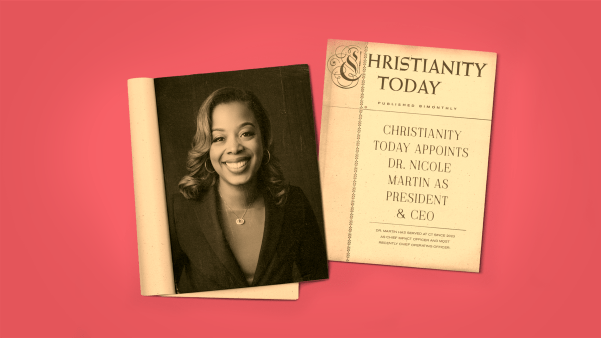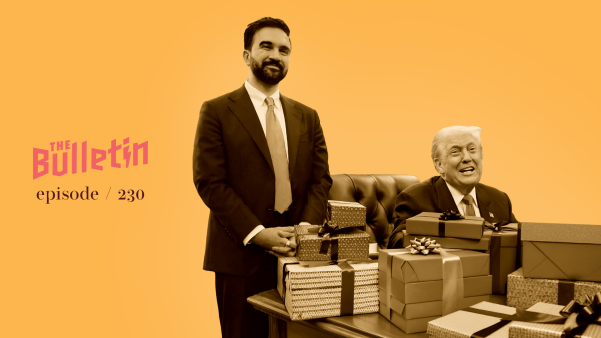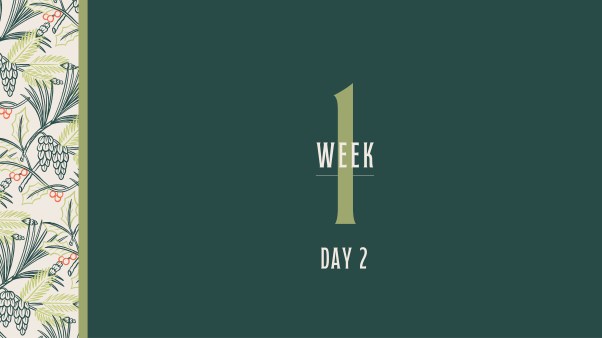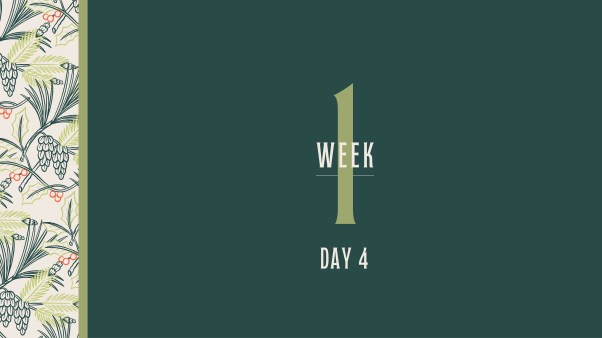Early on in Emily Colson’s memoir about raising her son—Dancing with Max: A Mother and Son Who Broke Free (Zondervan)—she writes, “Max is not a burden; he is my greatest gift.” This autistic child, who cried most hours of the day as an infant, had long tantrums as a boy, and now has trouble forming words as a young man—surely this child is a burden. But he’s not. Max, now 19, is a gift, not only according to his mother but to all of us who are invited into his story.
Colson believes Max “brings out the best and worst in humanity, from the rudest of remarks to the most genuine acts of selflessness. No one remains neutral.” For instance, Colson recounts the breakdown of her marriage when Max was only 18 months old. Although the father later formed a strong relationship with his son, it appears that the intensity of Max’s early needs wedged the couple apart.
Parallel to this breakdown is Colson’s growing relationship with her father, Charles Colson, founder of Prison Fellowship. Charles’s words in the prologue and epilogue, in which he writes about a relationship that has taught him humility, joy, and love, serve to bracket his daughter’s.
Emily Colson implies throughout that people’s reactions to Max depends on their perspective. For instance, when Max is in a public school, one teacher says, “I can’t see him writing his whole last name. Are we really going to spend the entire year trying to teach him to write the first letter of his last name?” A few months later, with Max in a new school, Colson approaches the new teacher timidly, saying, “I think he’s going to write.” The teacher responds, “Well, that’s great. Because I know he’s going to write.”
Members of Colson’s community respond to Max, from calling him “retard” to forming a baseball team for kids with special needs. Indeed, no one remains neutral.
Max brings out the best in the body of Christ, although one instance of confused charity comes after Max, who had become unruly at a church party, is removed from the room by his mother. She sits with him, alone, for an hour and a half. When she overhears the guests say, “Emily is so filled with grace,” she responds, “I didn’t need velvet-covered clichés. I needed love and comfort. I needed help.”
Colson laces her memoir with anecdotes about Max’s baptism, his prayers, and his visits to see prisoners with his grandfather. His autism makes it nearly impossible for him to sit through a service, so the Colsons come only for the closing songs, after which Max helps clean up the sanctuary. “Church isn’t over until Max dances at the back door,” their pastor says.
Colson sees God’s hand in Max’s autism. For instance, she refuses to partake in a seminar for parents called “Grieving the Dream,” because, she says, “I don’t think this diagnosis steals our dreams. What if it were the very thing to build our character, to give our lives purpose?”
Similarly, her father writes, “Could it be that … some people are not as affected by the Fall as others?” He wonders if Max offers “a glimpse of what God intended for his original creation.”
Dancing with Max does not ask deep theological questions. It offers few clinical details about autism. It doesn’t need to. The memoir is a love story written from a grandfather to a daughter to a son. Through tantrums and joyful connections, we come to understand what Emily and her father mean when they say Max is a gift.
Amy Julia Becker is a contributor to the CT women’s blog and author of a forthcoming book about her daughter with Down syndrome.
Copyright © 2010 Christianity Today. Click for reprint information.
Related Elsewhere:
Dancing With Max: A Mother and Son Who Broke Free is available at ChristianBook.com and other retailers.
Amy Julia Becker writes regularly for the women’s blog and has written on Down syndrome and grief for Christianity Today.
Previous articles on children with autism and special needs in Christianity Today include:
Welcome the Exceptional | Churches that embrace people with disabilities do more than they imagine. (January 4, 2010)
Adam | Adam is the antidote to the summer blight, delivering a smart, hilarious, moving and cosmically life-affirming story. (August 3, 2009)
The $65,000 Question | And the answer my autistic grandson gives. (October 1, 2005)










